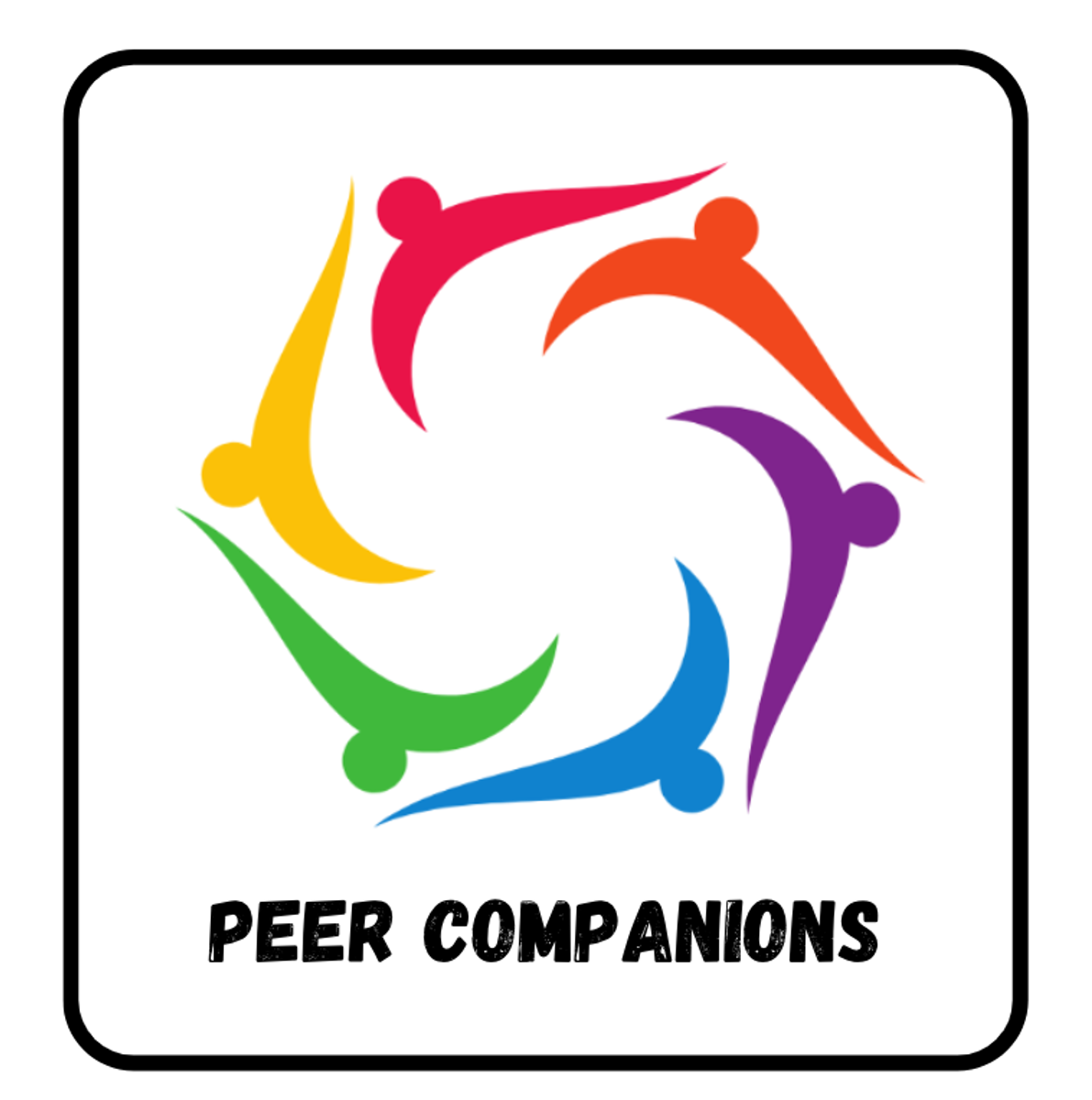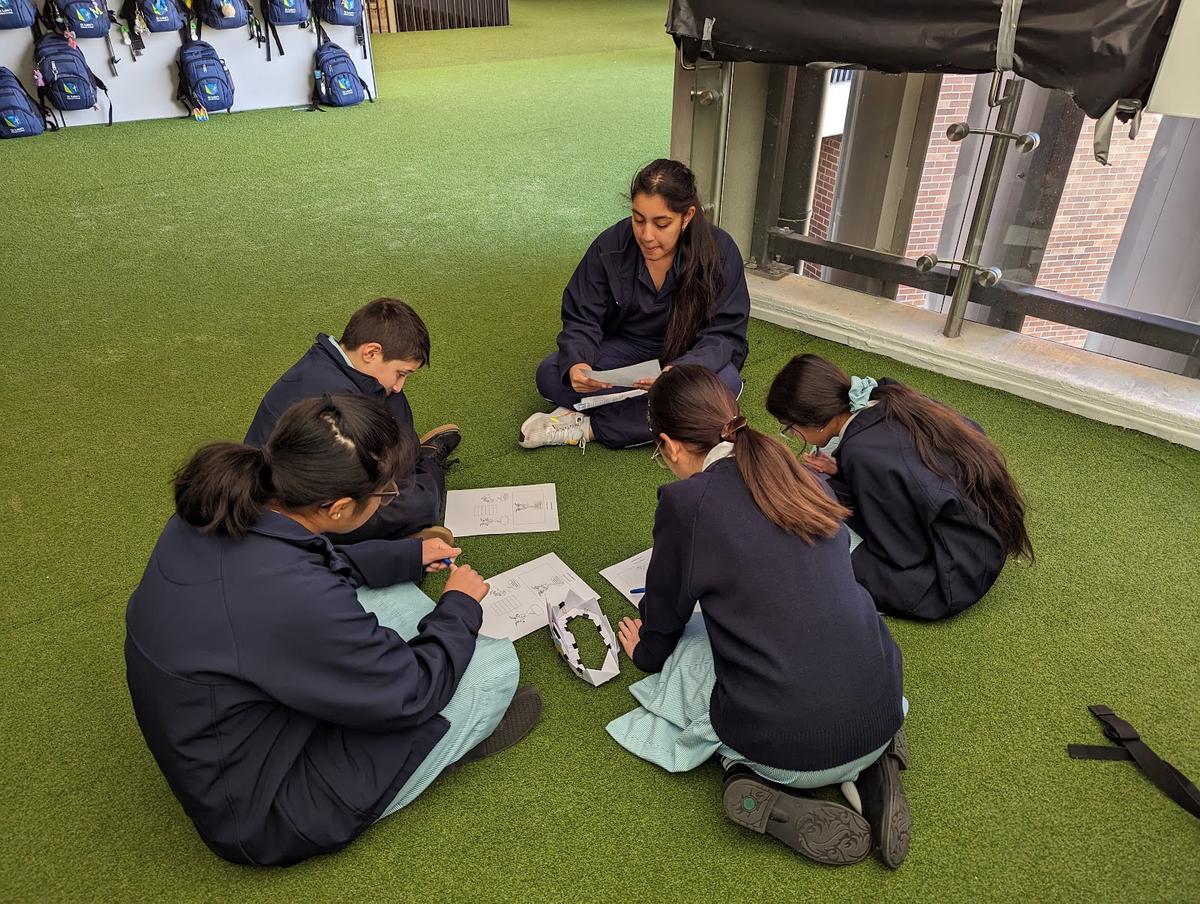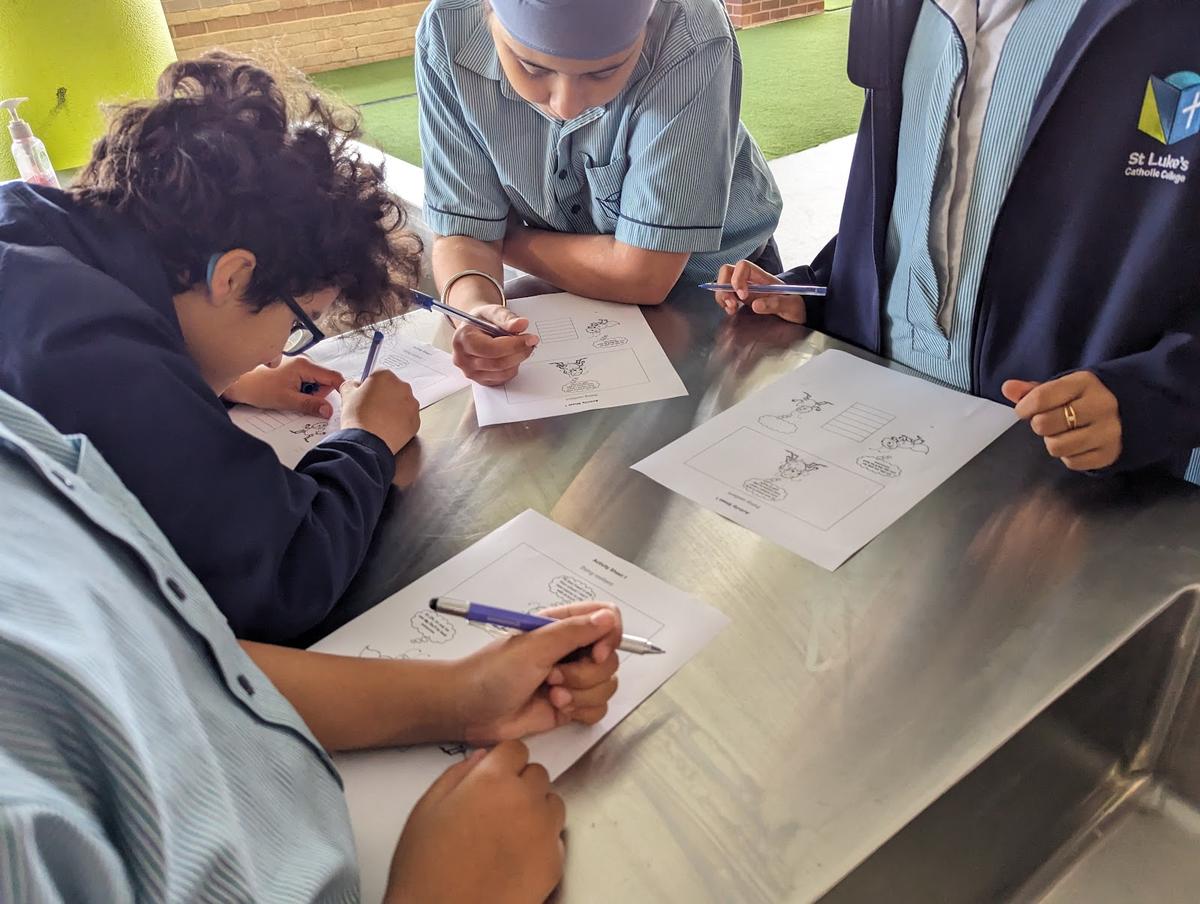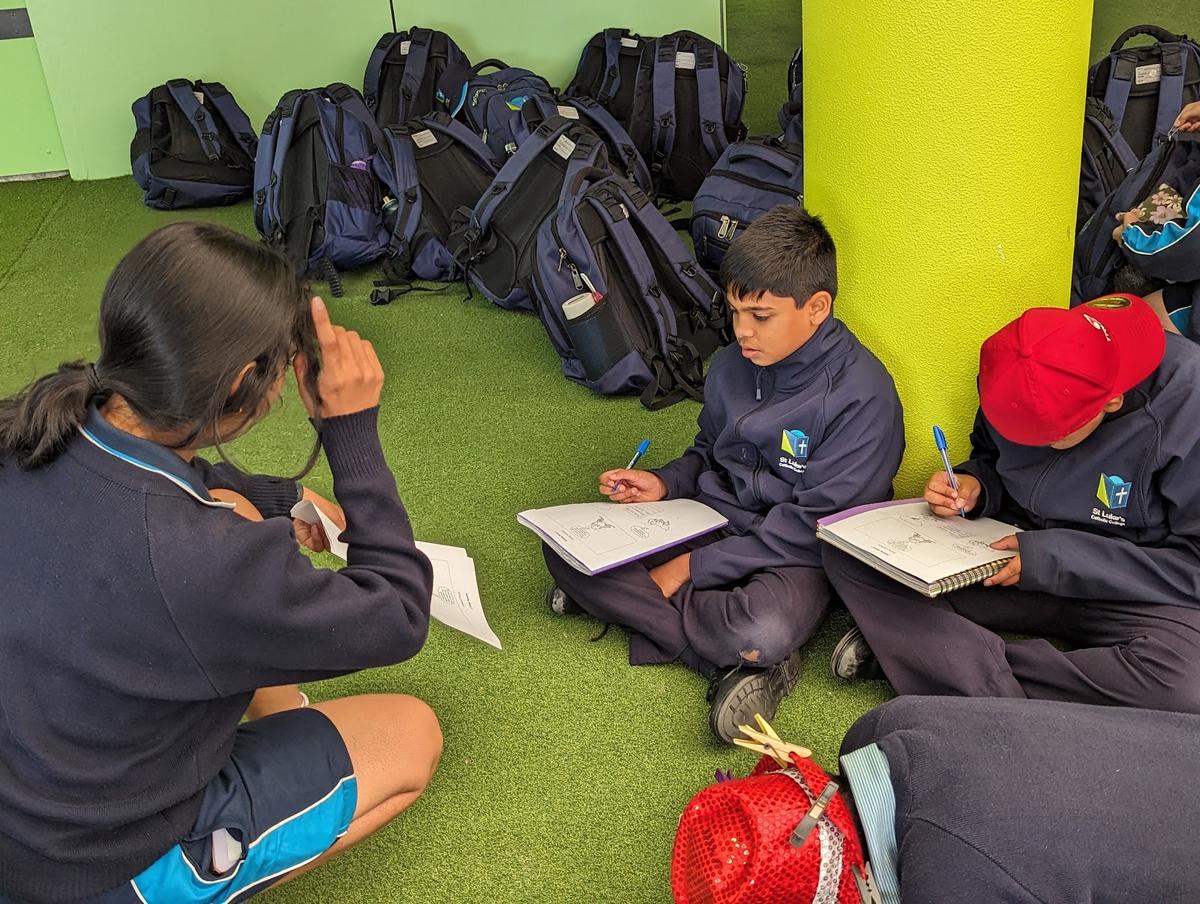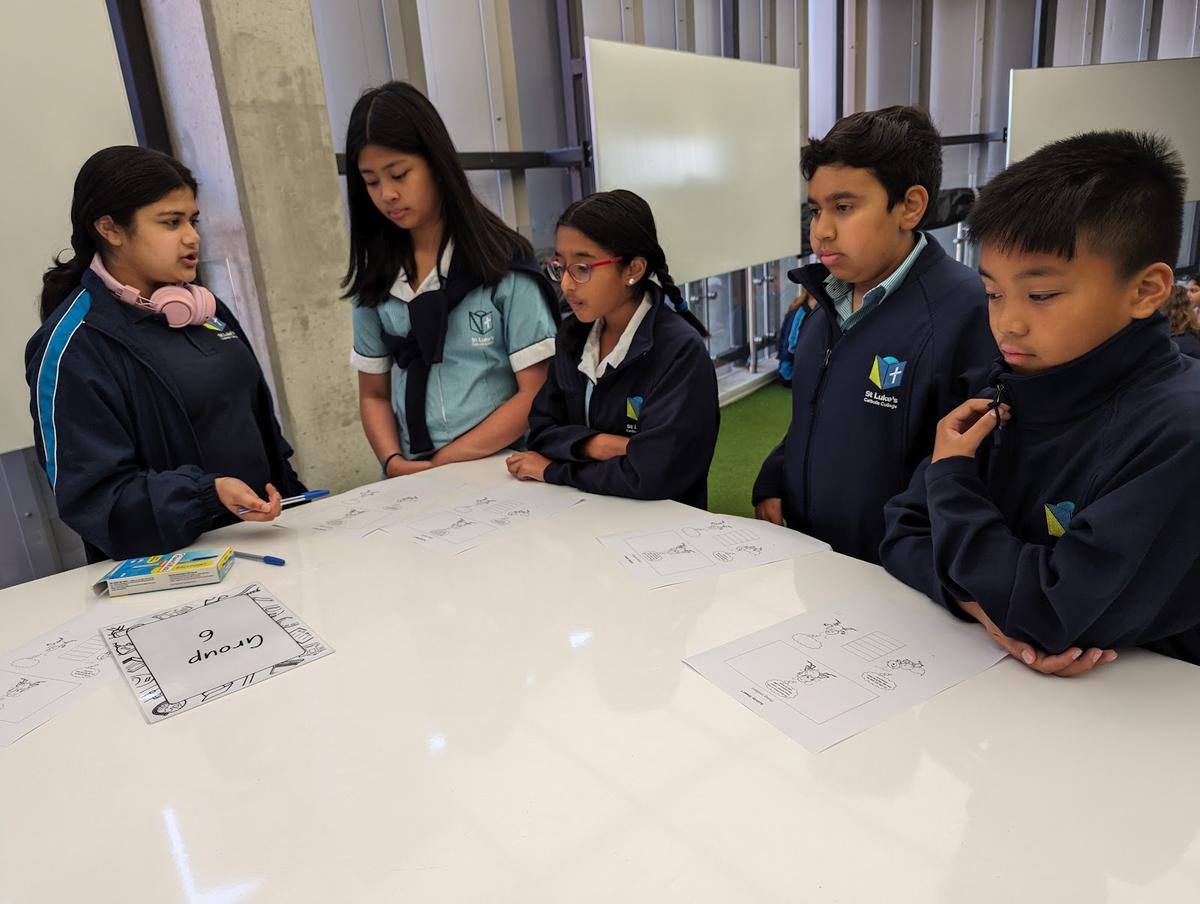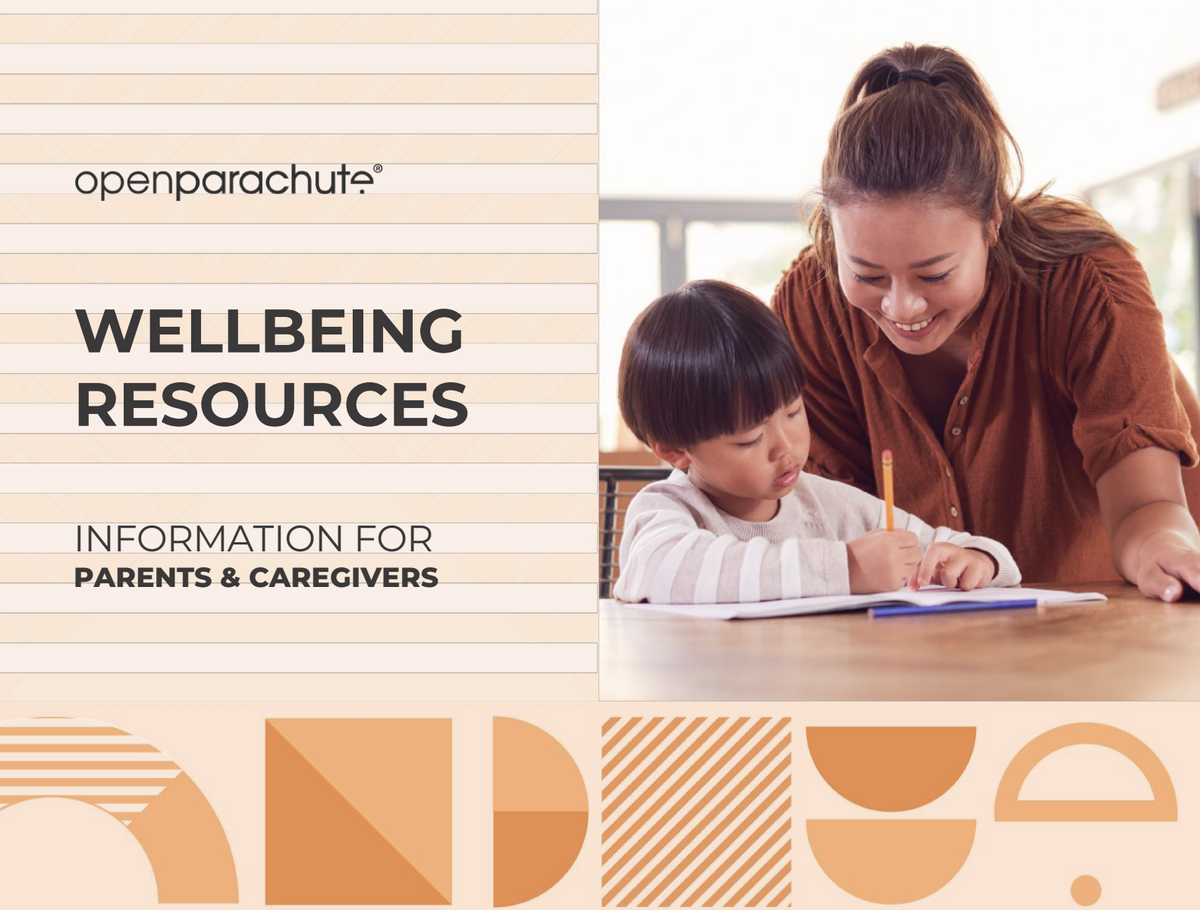Wellbeing
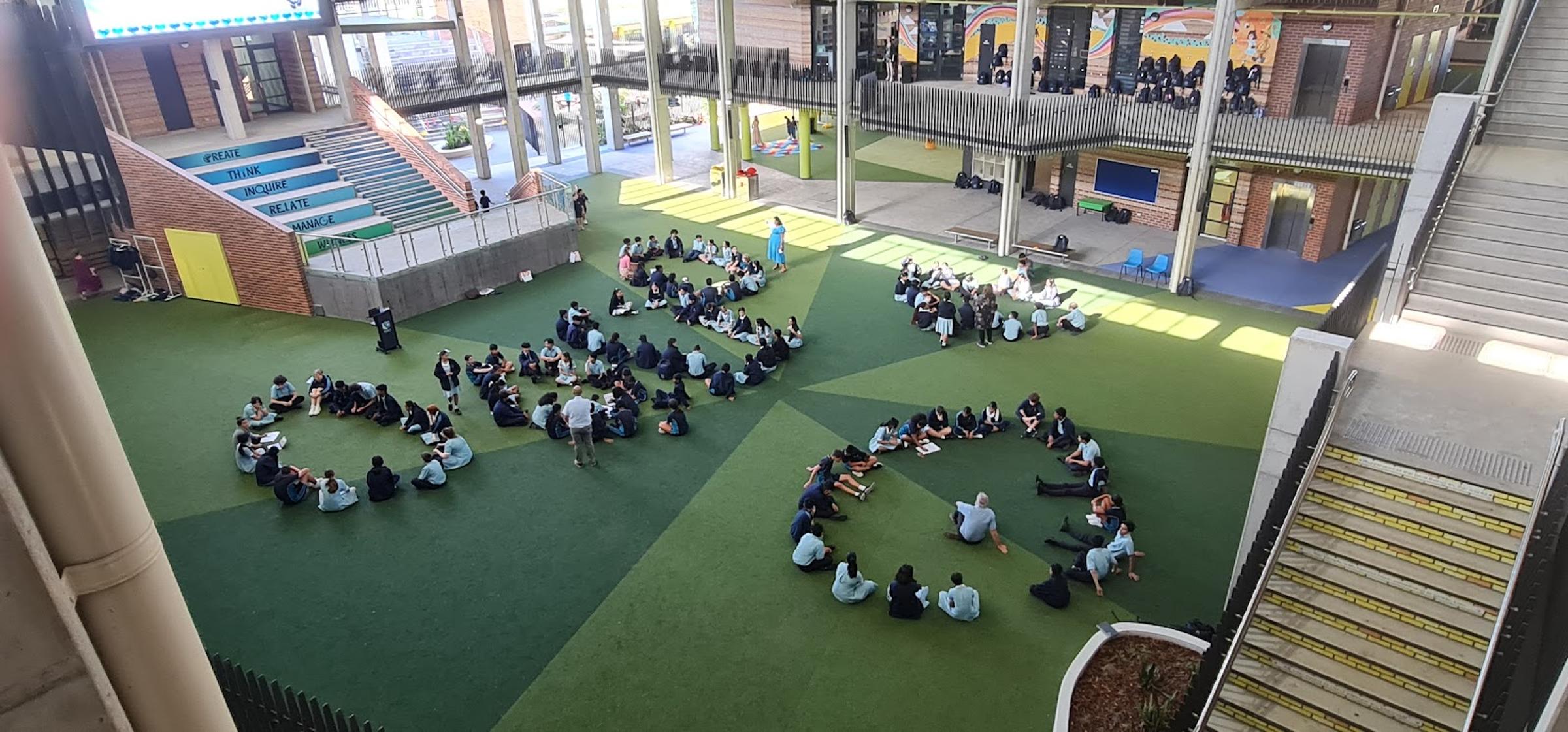
Wellbeing in the School of Leadership
Peer Companions
This week in Peer Companions will have an opportunity to discuss their personal qualities and strengths.The children will identify their qualities and acknowledge how they contribute to their achievements. Through activities children recognise they used their strengths to achieve success and can be encouraged to approach future activities optimistically. Ask your child to describe their own qualities and strengths so you can recognise and acknowledge these
Open Parachute
We have been delivering the Open Parachute Mental Health Program to our students these past 2 terms. This program addresses issues of stigma surrounding mental health in young people, encourages help-seeking, and creates a culture of mutual support and respect for any struggles that students may face.
This program was developed by Dr Hayley Watson, an adolescent clinical psychologist who has been developing programs globally for the past 15 years.
There are audio and video-based resources to provide you, as a parent, with practical tools for supporting the well-being of your child at all stages of their life. Below is a link to access these resources as your child progresses through the program. Please email cbettiol2@parra.catholic.edu.au if you have any questions or concerns or need access to the Parent Portal
https://learn.openparachuteschools.com/parent/login?id=AU_DdT-nsU9
Here is a message from the founder of Open Parachute, Dr Watson:
I am so pleased that your child is taking part in this program. I developed this resource because I want every child to learn practical mental health skills, so they can live life to their fullest potential. This program aims to build a strong foundation of resilience so that your child can learn to trust in their own abilities, relate to their own feelings in a healthy way, and change any unhelpful patterns that may hold them back at any point in their lives. It is normal for your children to have feelings stirred up throughout the course of this program, because we are intentionally providing a space where they can address challenging issues in a safe, nurturing, and supportive environment. These conversations can also continue at home if you and your child would like to explore these topics further – the video-based
resources for parents can help guide these discussions. We look forward to working with you to support the wellbeing of your child!
Wellbeing Wednesdays (Year 7 and 8)
These past 2 weeks’s our Wellbeing Wednesday topic has been ‘Mindsets’, which sits under the Positive Accomplishment domain. Mindsets refers to the belief we have about where our talents and abilities come from. If you have a growth mindset, you tend to believe that you can get better at most things with effort and practice. If you have a fixed mindset, you tend to believe you are born with a certain amount of talent and there isn’t much you can do to change that.
Our mindset has a huge impact on our motivation, effort and behaviour. Young people with a growth mindset are more motivated and engaged in school, earn better grades, enjoy their activities more, have lower levels of depression and anxiety, and embrace challenges.
Professor Carol Dweck, ground-breaking researcher on mindsets, suggests, “If parents want to give their children a gift, the best thing they can do is to teach their children to love challenges, be intrigued by mistakes, enjoy effort, and keep on learning. That way, their children don’t have to be slaves to praise. They will have a lifelong way to build and repair their own confidence.” Encourage your children to give things a go and embrace failure, rather than get things ‘right’. Talk to your children about how the brain forms new pathways and connections when we face challenges and are learning. Model a growth mindset by doing something you find challenging. When you make mistakes, show them how to respond and stick to it. Provide them with challenging opportunities to make mistakes and solve problems on their own. Encourage them to ask others for help and take on advice.
When we step in to prevent or fix our children’s mistakes, we send the message they aren’t capable of handling the situation or that failure is really not okay. Help them figure out what went wrong, what strategies they could try next time, and set goals. Be supportive but give them space to work through things themselves. This shows them you believe they can improve their abilities through effort.
Try this at home: With your children, decide on an activity you can do together that you will find challenging. Maybe it’s juggling, drawing or dancing. Before you begin, list some helpful thoughts you can reflect on for when the activity becomes difficult, e.g. ‘I can do it!’ or ‘I can make it happen’. During the activity, use these phrases to motivate yourselves. Remind each other that your brains are forming new connections and that making mistakes is part of learning!
Mr Chris Bettiol
Leader of Wellbeing, Growth and Development.
Outside of the education system, free telephone counselling services are available to support families who may be going through a difficult time.
Lifeline – 24-hour telephone counselling service. 13 11 14.
Mensline Australia – 24-hour telephone counselling service for men. 1300 789 978.
Parent line – 24-hour advice and information service. 1300 1300 52.

